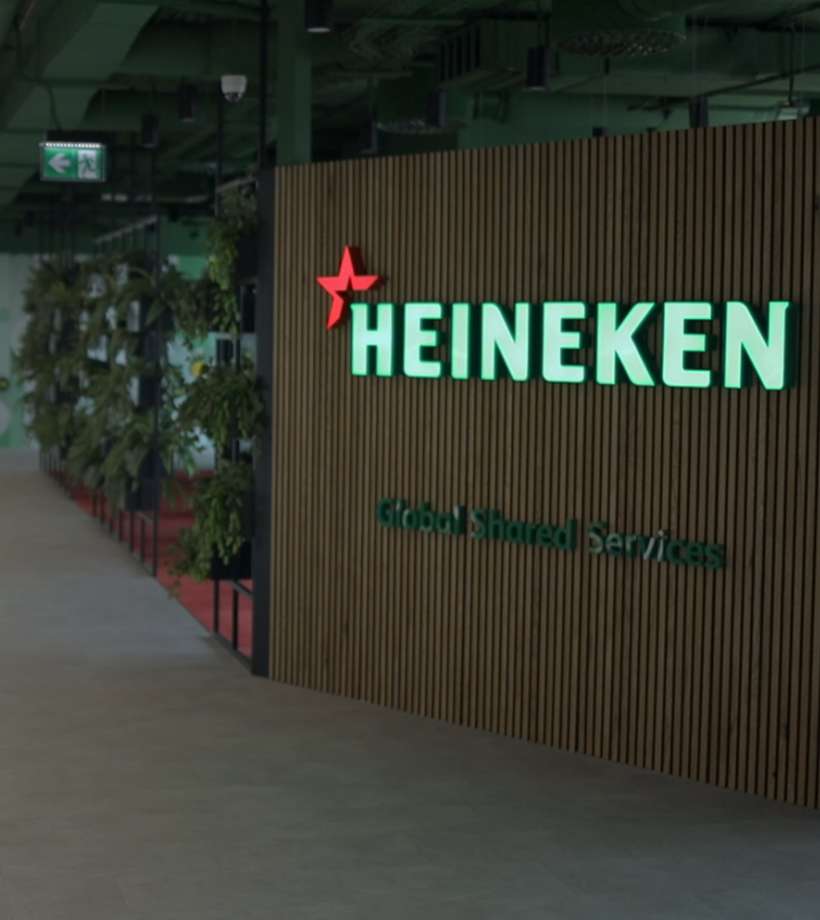-
Featured services
Harness innovation to deliver value
Ensure short-term stability as you design a roadmap for new use cases in your industry with emerging technologies.
Explore Connected Industries -
Services
View all services and productsLeverage our capabilities to accelerate your business transformation.
-
Services
Network as a Service
Popular Products
-
Private 5G
Our turnkey private 5G network enables custom-built solutions that are designed around unique use cases and strategies, and deployed, run and optimized through a full network-as-a-service model.
-
Managed Campus Networks
Our Managed Campus Networks services transform campus networks, corporate area networks and interconnected local area networks, and connect smart places and industries.
-
-
Services
Cloud Services
Popular Products
-
Cloud Migration and Transformation Services
Access the people, processes and technologies you need to deliver cloud migration projects that improve your return on investments.
-
Site Reliability Engineering Services
Get the most from your cloud investments when you harness our Site Reliability Engineering Services to support app development and lifecycle management.
-
-
Services
Edge as a Service
Client stories
-
Penske Entertainment and the NTT INDYCAR SERIES
Together with Penske Entertainment, we’re delivering digital innovations for their businesses – including INDYCAR, the sanctioning body of the NTT INDYCAR SERIES – and venues such as the iconic Indianapolis Motor Speedway, home to the Indianapolis 500.
-
Using private wireless networks to power IoT environments with Schneider Electric
Our combined capabilities enable a secure, end-to-end digital on-premises platform that supports different industries with the benefits of private 5G.
-
-
Services
Technology Solutions
Client stories
-
Services
Global Data Centers
-
Services
Digital Collaboration and CX

IDC MarketScape: Worldwide Datacenter Services 2023 Vendor Assessment
We provide a new kind of intelligent infrastructure to deliver better outcomes through technology.
Get the IDC MarketScape -
-
-
Insights
Recent Insights
-
The Future of Networking in 2025 and Beyond
-
Using the cloud to cut costs needs the right approach
When organizations focus on transformation, a move to the cloud can deliver cost savings – but they often need expert advice to help them along their journey
-
Make zero trust security work for your organization
Make zero trust security work for your organization across hybrid work environments.
-
-

Copilot for Microsoft 365
Everyone can work smarter with a powerful AI tool for everyday work.
Explore Copilot today -
-
Global Employee Experience Trends Report
Excel in EX with research based on interviews with over 1,400 decision-makers across the globe.
Get the EX report -
Discover how we accelerate your business transformation
-
About us
CLIENT STORIES
-
Liantis
Over time, Liantis – an established HR company in Belgium – had built up data islands and isolated solutions as part of their legacy system.
-
Randstad
We ensured that Randstad’s migration to Genesys Cloud CX had no impact on availability, ensuring an exceptional user experience for clients and talent.
-
-
CLIENT STORIES
-
Liantis
Over time, Liantis – an established HR company in Belgium – had built up data islands and isolated solutions as part of their legacy system.
-
Randstad
We ensured that Randstad’s migration to Genesys Cloud CX had no impact on availability, ensuring an exceptional user experience for clients and talent.
-
-
CLIENT STORIES
-
Liantis
Over time, Liantis – an established HR company in Belgium – had built up data islands and isolated solutions as part of their legacy system.
-
Randstad
We ensured that Randstad’s migration to Genesys Cloud CX had no impact on availability, ensuring an exceptional user experience for clients and talent.
-

NTT DATA and HEINEKEN
HEINEKEN revolutionizes employee experience and collaboration with a hybrid workplace model.
Read the HEINEKEN story -
- Careers
404 Page not found
We're sorry, we cannot find that page.
The page you requested has moved or no longer exists. Please try
retyping the address or start a new search.
Search